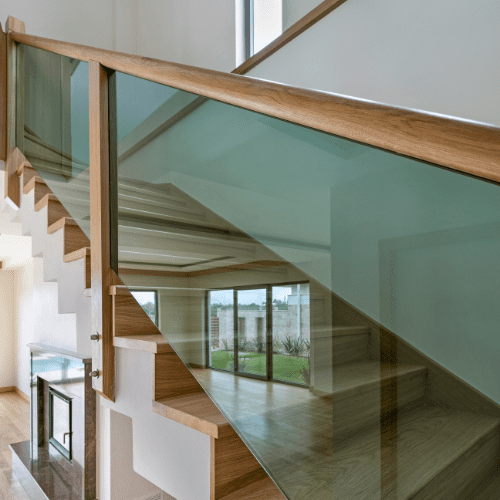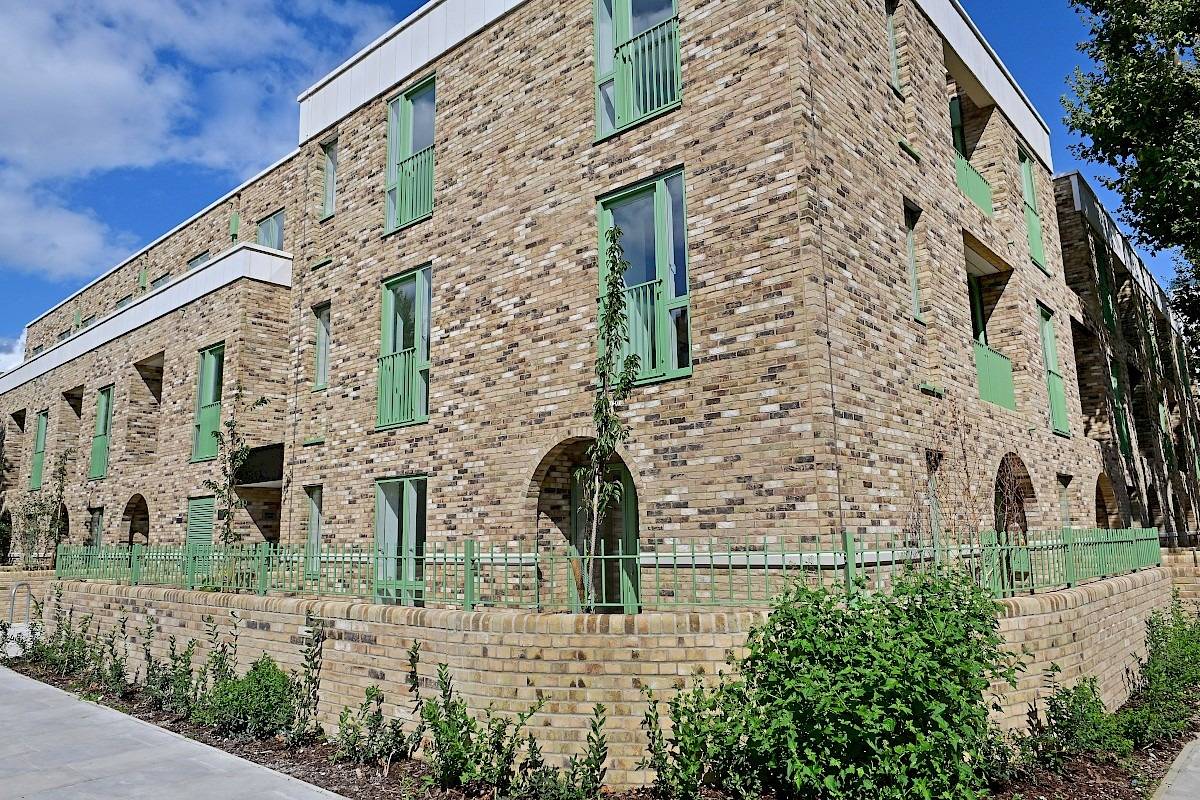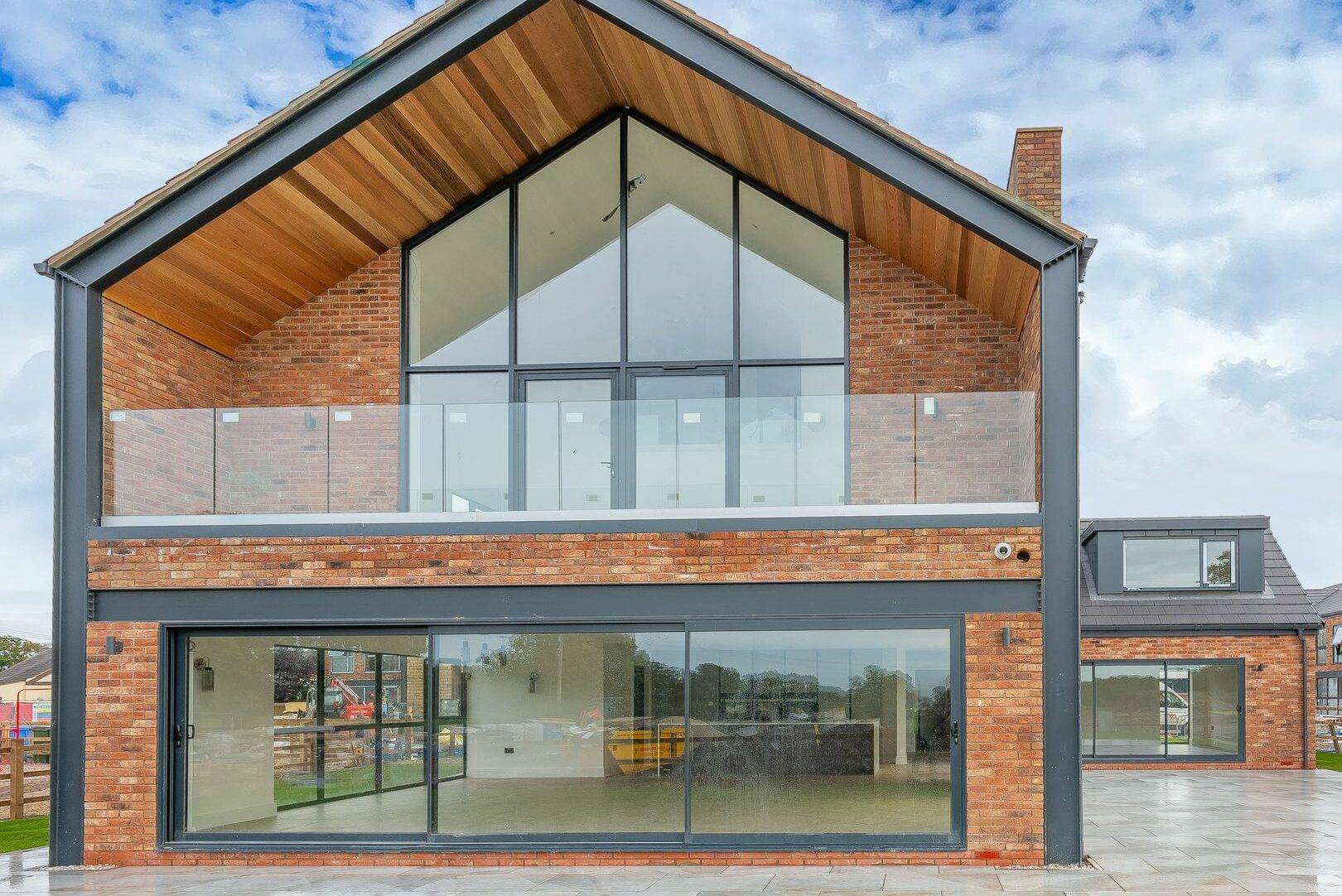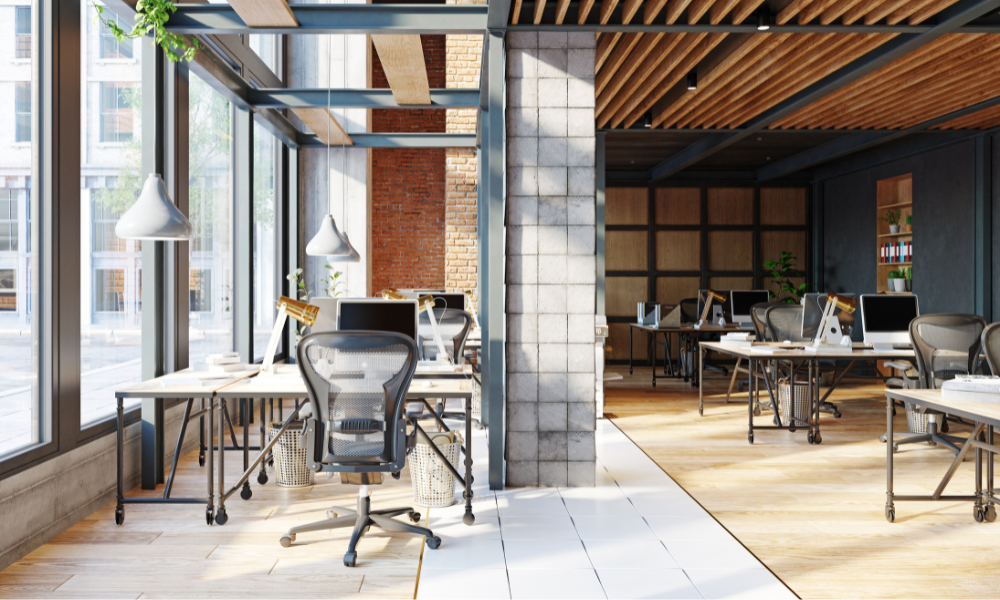Balustrades are a key feature in many homes and commercial spaces, providing both safety and style. Whether you’re updating an existing staircase, installing a balcony railing, or creating a modern open-plan look, the cost of balustrades can vary depending on material, design, and installation requirements.
In this guide, we’ll explore the factors that affect the price of balustrades and what you can expect to pay.
Factors Affecting the Cost of Balustrades
The price of balustrades depends on several key factors:
1. Material Choice
Different materials come at different price points. Here’s a breakdown of common balustrade materials and their costs:
Glass Balustrades: A popular choice for modern interiors and exteriors, toughened glass balustrades typically cost between £250 and £600 per metre, depending on thickness, style, and whether you opt for frameless or framed glass. Frameless glass offers an uninterrupted view but is generally more expensive due to the need for structural integrity.
Stainless Steel Balustrades: Known for their durability and sleek appearance, stainless steel balustrades range from £150 to £400 per metre, with the final price depending on the finish and complexity of the design. Brushed stainless steel is a popular option as it requires little maintenance and is resistant to corrosion.
Wooden Balustrades: A classic and traditional choice, timber balustrades generally cost £100 to £300 per metre, though high-quality hardwoods like oak or mahogany can push costs higher. While timber provides warmth and elegance, it may require regular maintenance to prevent wear and tear.
Wrought Iron Balustrades: Offering intricate designs and a timeless aesthetic, wrought iron balustrades typically start from £200 per metre and can exceed £500 per metre for custom, handcrafted designs. These balustrades are highly durable and add character to period properties.
2. Type of Installation
Internal vs. External Balustrades: Outdoor balustrades may require additional treatments such as galvanisation or powder coating to withstand weather conditions, adding to the overall cost. Internal balustrades tend to have more decorative finishes, while external ones focus more on durability.
Straight vs. Curved Staircases: A straight staircase is easier and cheaper to install balustrades on, while curved or spiral staircases require more labour and precision, increasing costs. Custom-made curved balustrades can add a unique aesthetic but will demand a higher investment due to the specialist work involved.
3. Fixing and Finishing Options
The method of fixing balustrades in place will also affect the cost:
Post and Handrail Systems: A more traditional installation method, often more affordable and easier to install.
Frameless Fittings: Require structural glass and hidden fixings, making them more expensive but providing a seamless, contemporary look.
Custom Finishes: Powder coating, polishing, staining, or engraving add to the final price but enhance the aesthetic appeal and longevity of the balustrade.
Glass Tints and Textures: If opting for glass balustrades, you can choose from a range of tints or frosted textures for added privacy and design, which can increase costs.

4. Labour and Installation Costs
Professional installation costs can vary depending on the complexity of the job and location. On average, you can expect to pay between £50 and £150 per metre for installation. More complex projects, such as installing balustrades on a curved staircase or in hard-to-access areas, will cost more due to the increased labour time. Additionally, structural modifications may be needed for certain designs, adding further costs.
Additional Considerations
Building Regulations and Safety Compliance
Before installing balustrades, it is important to ensure they comply with UK building regulations. These regulations specify the minimum height of balustrades (generally 900mm for staircases and 1,100mm for balconies) and the maximum gap allowed between balusters or glass panels to prevent accidents. Non-compliance may lead to additional costs if modifications are required later.
Maintenance Costs
Different materials require different levels of maintenance. Stainless steel and glass are relatively low maintenance, needing only occasional cleaning, while wood may require periodic refinishing or repainting. Factoring in long-term maintenance costs can help you choose a balustrade that suits your lifestyle and budget.
Bespoke vs. Pre-Made Balustrades
While pre-made balustrades offer a more cost-effective solution, bespoke balustrades allow for complete customisation in design, materials, and finishes. However, opting for a bespoke design can significantly increase costs due to the tailored craftsmanship involved.
Estimated Total Costs
To give you an idea of the total investment required, here are some typical price ranges for balustrade installations:
Basic wooden balustrades for a straight staircase – From £500 to £1,500
Framed glass balustrades for a balcony (5 metres) – From £1,500 to £3,000
Frameless glass balustrades for a staircase (10 metres) – From £4,000 to £6,000
Custom wrought iron balustrades for a feature staircase – From £5,000 upwards

Conclusion
Balustrades come in a range of styles and materials to suit different budgets and design preferences. Whether you opt for glass, wood, steel, or wrought iron, each material has its own advantages in terms of aesthetics, durability, and maintenance. While prices vary depending on factors such as material, design complexity, and installation, investing in high-quality balustrades can add both aesthetic appeal and safety to your property.
When budgeting for your balustrades, consider not just the upfront costs but also long-term maintenance and compliance with building regulations. If you’re planning to install or replace balustrades, it’s always best to get quotes from reputable suppliers and installers to ensure you receive a fair price and high-quality workmanship.
For expert advice or a bespoke quote, contact SMART Balustrades and speak to a specialist today.





